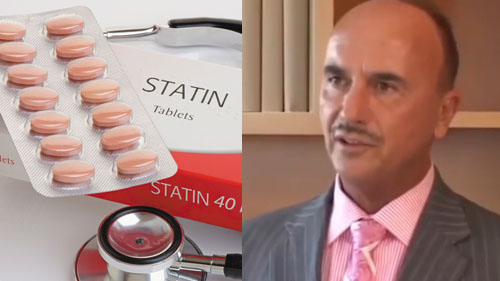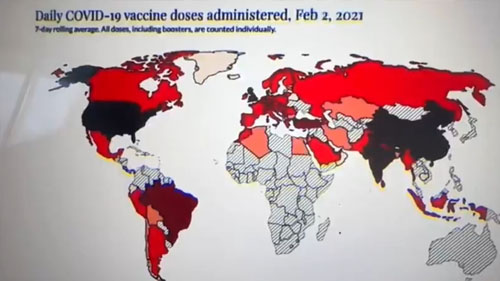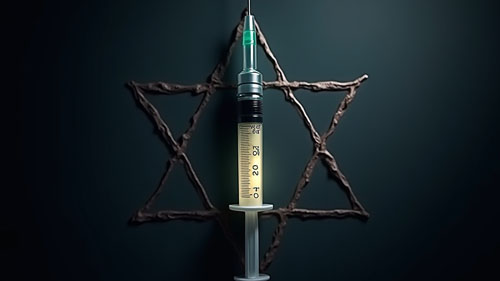| Recent Featured Videos and Articles | Eastern “Orthodoxy” Refuted | How To Avoid Sin | The Antichrist Identified! | What Fake Christians Get Wrong About Ephesians | Why So Many Can't Believe | “Magicians” Prove A Spiritual World Exists | Amazing Evidence For God | News Links |
| Vatican II “Catholic” Church Exposed | Steps To Convert | Outside The Church There Is No Salvation | E-Exchanges | The Holy Rosary | Padre Pio | Traditional Catholic Issues And Groups | Help Save Souls: Donate |  |









 " />
" /> " />
" /> " />
" /> " />
" /> " />
" />




Fukushima harms commerce as Russia rejects radioactive Japanese cars
Thomas Henry naturalnews.com While officials in the United States astoundingly continue to deny that radiation levels originating from Fukushima pose a significant threat to American lives, despite many troubling pieces of evidence, Russia has shown its willingness to refuse radiation-tainted goods by turning away 130 used cars originating from Japan. Over the course of the past year, Russia's consumer protection agency, Rospotrebnadzor, blocked importation of the vehicles, as well as auto parts, after testing due to concerns that they were contaminated with radioactivity. "In 2013, Russia has banned 165 batches of contaminated goods from entering the country. There were mainly used cars - 132, and spare parts for vehicles - 33," read a statement issued by Rospotrebnadzor. Ongoing Issues with 'Glowing' Used Cars from Japan This is not the first time that contaminated water from Fukushima has impacted global trade or imports into Russia. Back in July 2012, Rospotrebnadzor stopped nearly 300 Japanese cars at the port of Vladivostok that it considered to be contaminated by radioactivity, according to Gennady Onishchenko, Russia's Chief Sanitary Inspector and head of Rospotrebnadzor, who expressed worries about "glowing" Japanese autos. According to RIA Novosti reports, out tens of thousands of Japanese cars imported each year for Russia's significant second-hand market, dozens fail radiation inspections each month at Russian ports and are sent back. Some 112 batch lots were refused, including used cars, spare parts, watercraft and specialized equipment. "Since the disaster at Fukushima, 697 such items have been detected, 591 were banned from entrance," a Russian customs official reportedly told RIA Novosti in August 2013. Japan set a voluntary limit of 0.3 microsieverts on exported used cars, but Russia has established a stricter limit of 0.2 microsieverts. According to the Wall Street Journal, Japan has suggested that Russian officials may be "exaggerating" their claims as an impediment to trade. to read more: naturalnews.com
Sign up for our free e-mail list to see future vaticancatholic.com videos and articles.
Recent Content
^